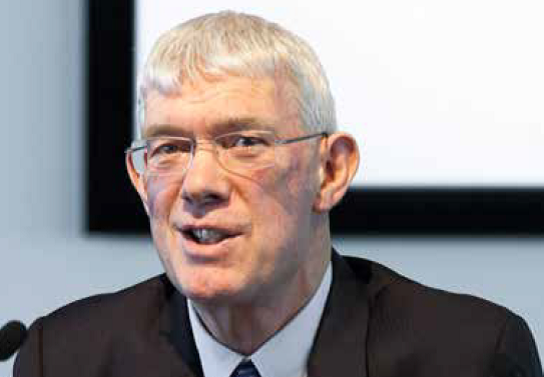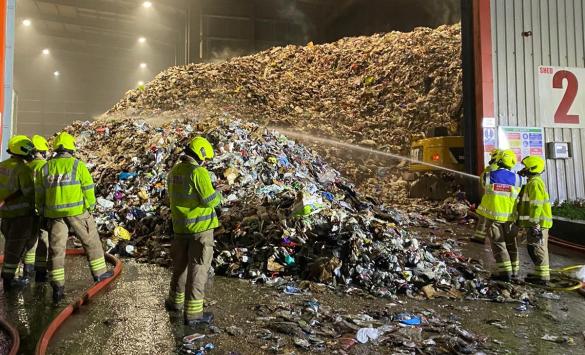
The Development of Waste Management in the UK c.1960-c.2000 was released last month (November 2015), on behalf of the History of Modern Biomedicine Research Group, Queen Mary University of London.
The book draws on contributions from experts gathered from a seminar on developments in the waste industry and the production of waste in the UK since the 1960s, with a particular focus on London.
The volume includes testimonies from former refuse collectors, senior municipal waste managers, policy makers and academics.
Dedicated to the late waste management industry veteran, Ernie Sharp, the publication also includes an introduction from Cambridge city councillor Lewis Herbert, who claimed that while the environmental protection sector has come ‘a long way’ in the last 50 years, measures are “still to be effectively implemented”.
Changes
Contributors to the seminar included John Ferguson who detailed the formation of the Greater London Department of Public Health Engineering as well as Professor David Wilson, who outlined the shift towards controlled landfill sites in the 1970s.
Former ESA director general Barry Dennis also provided insight into the waste management ‘revolution’, explaining how types of waste being disposed of by consumers had changed due to shifts in consumptions and retail practices.
Interviews
As a companion to the volume, six additional interview transcripts are available via the Research Group’s website.

Within these interviews, waste and recycling expert and former Environment Agency official Jeff Cooper describes a new project combining technology to turn waste into various gases, which can then be recombined to produce vehicle fuel as a substitute for kerosene, biodiesel and bio naphtha. Commenting on the project Mr Cooper said it could be operational in 2017.
A pdf of the volume is freely available online. Additional hard copies can be ordered from www.amazon.co.uk for £6 plus postage quoting ISBN 978 1 9109 5062.










Subscribe for free